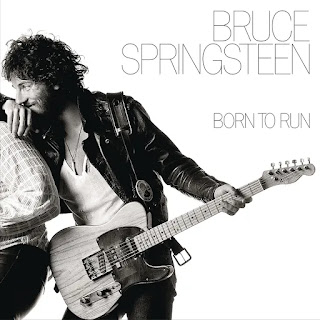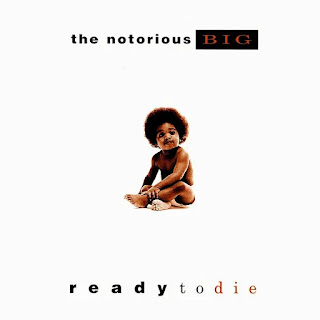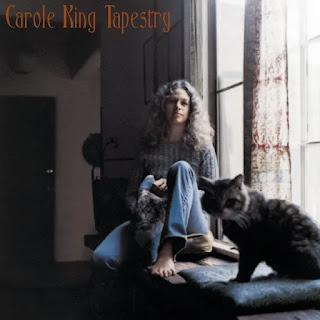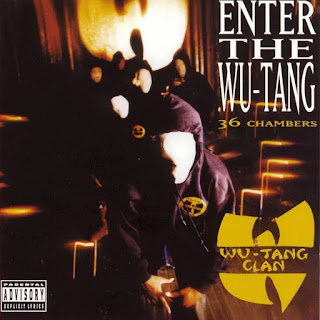21. Bruce Springsteen, "Born to Run"

Rock is a house that contains many mansions, but if you're looking for an album that is a perfect example of the genre called "rock and roll" this is probably it. Bruce Springsteen spent a year and a half on this 39-minute long album and said he wanted it to sound like "Roy Orbison singing Bob Dylan, produced by [Phil] Spector." Instead he got this album, which sounds like the Ten Commandments of Rock, a sound that would be often imitated but which at the same time is so uniquely Springsteen's as to be immediately recognizable and unduplicatable. The top songs of 1975, when this album came out, were "Love Will Keep Us Together" by Captain & Tenille and "Rhinestone Cowboy" by Glen Campbell and "Philadelphia Freedom" by Elton John and while those are all admirable songs in their own right, they aren't really about anything. The lyrics exist only to serve the song. Springsteen was on some different shit, though. His...





